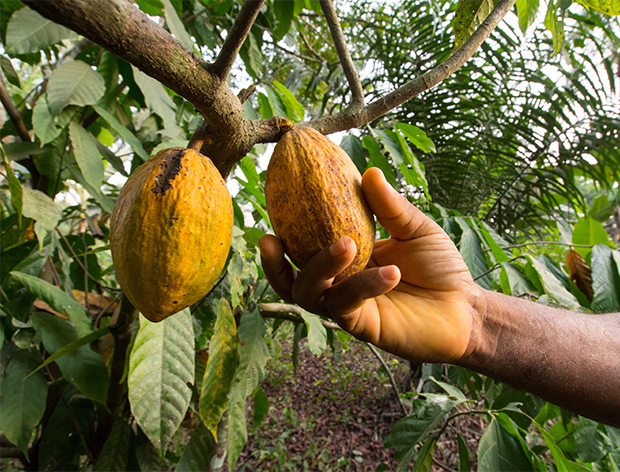IDH, The Sustainable Trade Initiative, a Netherlands-based scheme bringing together public and private partners to boost sustainability in trade, has launched what it says is the world’s biggest impact fund to finance agricultural SMEs and improve commodity supply chains.
The IDH Farmfit Fund expects to offer up to €1bn of commercial investments to small and medium-sized agribusinesses in developing countries, alongside larger traders operating within those regions, with €100mn available at present.
A spokesperson for the fund tells GTR: “There is an initial five years for the fund to get the money out and leverage other commercial investors. But it could be the case that we get more investors in the fund and then it would be extended.”
The coalition supporting the fund includes large corporates Unilever, Mondelez and Jacobs DE, financial institutions Rabobank and FMC, as well as various development agencies from across the world. The fund is facilitated by IDH and backed by the Dutch Ministry of Foreign Affairs and a US$250mn guarantee from the US Agency for International Development (USAID).
The fund’s core aim is to improve the sustainability of supply chains and the financial conditions of smallholder farmers. “The lack of capital for smallholders to invest in sustainable practices leads to rural poverty and environmental damage,” says Joost Oorthuizen, executive director and chairman of the board at IDH. “The fund will ensure significant financing at a significant reduced risk level. Thus the fund will enable banks and financial institutions to make sound impact investments now – and help support sustainable smallholder farming while mitigating the impact of climate change.”
As well as offering loans directly to agribusinesses embedded in extensive commodity supply chains which have smallholder farmers feeding into them, IDH also lends to larger traders. “There is a large coffee trader in Germany, the Neumann Kaffee Gruppe (NKG), and because of the funding that we provided them, they are able to provide financial services for smallholder farmers in a way that they didn’t before because it was perceived as too risky. We helped to create a new layer to the business that helps them to directly engage with farmers,” the spokesperson explains.
Although SME businesses in Latin America and Asia will benefit from the funds, it will be Africa that receives the bulk of support. East Africa is already home to IDH’s Farmfit Business Support initiative. The support scheme is a US$30mn investment from DfID (the UK’s Department for International Development), among others, which provides technical assistance to agri SMEs in order to develop and implement sustainable business models and increase their engagement with smallholder farmers.
“We also have some donors that are particularly interested in working in that region as well,” the spokesperson adds.
The Farmfit Fund is the third element of the IDH Farmfit offering. The other elements are Farmfit Business Support and Farmfit Intelligence. The intelligence segment creates and shares data-driven insights into the efficiency and sustainability of service delivery models, leading to better-informed investment strategies.
Making an impact
As mentioned by the fund’s spokesperson, in October, ABN Amro, Rabobank and BNP Paribas closed a US$25mn credit facility to finance a project to support coffee farmers in Kenya, Honduras and Mexico. The credit facility is available through NKG Bloom, an initiative run by Neumann Kaffee Gruppe. The three banks will share the risk on farmer defaults, with the facility further supported by two default guarantees by USAID and IDH.
Director of impact banking at ABN Amro, Liesbeth Kamphuis told GTR at the time: “We have built a whole network to see how we can team up with partners for impact banking purposes. It is challenging to do these deals, as they can’t be achieved with financing alone, structuring is complex and what it means to work in a sustainable manner must be understood.”
The fund is not the only initiative that aims to improve smallholder farmers’ ability to access financing and make agricultural supply chains more sustainable.
The same month GTR also reported that Mastercard and Rabobank partnered to give 1 million farmers in emerging markets access to a digital platform to enable transparency of their financial transactions. The Mastercard Farmer Network (MFN) platform allows farmers to have an overview of their payment history.
Through the platform, farmers can connect with potential buyers, access mobile payment tools, and build a digital transaction record that can be used to access credit from financial institutions. By the end of 2020, as well as having 100 million people using the platform, Mastercard Farmer Network also looks to facilitate a total transaction value of US$100mn.






